.jpg) Mr. Mario Maniewicz was elected Director of the ITU Radiocommunication Bureau at the ITU Plenipotentiary Conference 2018 in Dubai, United Arab Emirates. He took office on 1 January 2019. Mario Maniewicz is an electronic engineer specialized in telecommunications. He has been with the ITU for over 30 years, where he has served in high-level management positions in the Radiocommunication and Development Sectors as well as in ITU Regional Offices. As Director, Mr. Maniewicz is responsible for the management of the Radiocommunication Bureau, which organizes and co-ordinates the work of the Radiocommunication Sector whose aim is to ensure the rational, equitable, efficient and economical use of the radio-frequency spectrum and satellite orbits.
Mr. Mario Maniewicz was elected Director of the ITU Radiocommunication Bureau at the ITU Plenipotentiary Conference 2018 in Dubai, United Arab Emirates. He took office on 1 January 2019. Mario Maniewicz is an electronic engineer specialized in telecommunications. He has been with the ITU for over 30 years, where he has served in high-level management positions in the Radiocommunication and Development Sectors as well as in ITU Regional Offices. As Director, Mr. Maniewicz is responsible for the management of the Radiocommunication Bureau, which organizes and co-ordinates the work of the Radiocommunication Sector whose aim is to ensure the rational, equitable, efficient and economical use of the radio-frequency spectrum and satellite orbits.
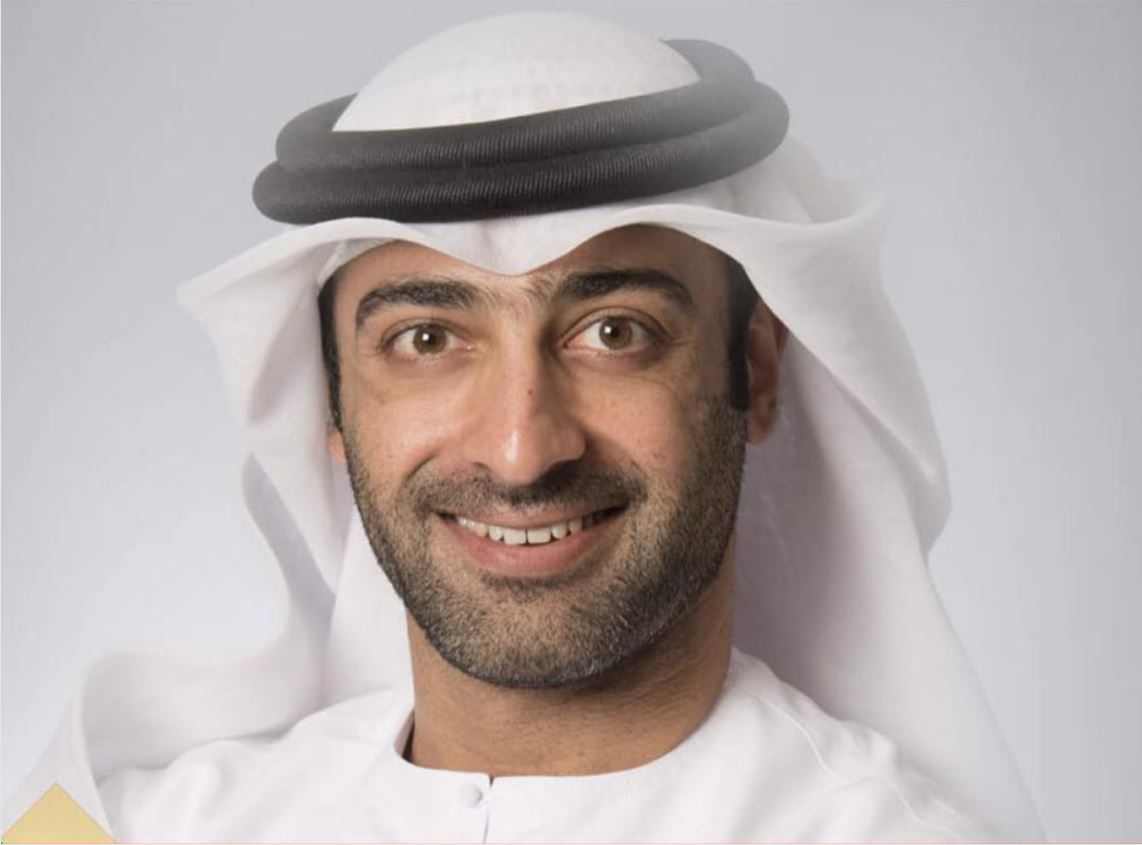 Mr. Khalid Al Awadhi is the Manager of Broadcasting and Space Services in the Telecommunications Regulatory Authority of the UAE (TRA). He is responsible for planning, regulating, and managing spectrum use and transmission stations for broadcasting services, Services Ancillary to Broadcast Production, Program Making & Special Events (PMSE), Earth stations deployment and satellite network filings for space services in the UAE. He is also responsible for the International coordination, notification, and registration of UAE terrestrial and space radiocommunication services. Khalid’s first involvement with the work of the Radiocommunication Sector in the ITU was in WP-4A for the preparations of WRC-07. Since then, he plays a vital role as part of the UAE delegation, as he became the Chairman of the UAE National Committee for World Radiocommunication Conferences, and as a member of the Arab Spectrum Management Group. He became Gulf Cooperation Council (GCC) Rapporteur for space services, the ASMG coordinator for Agenda Item 7, and the chairman of the ASMG Working Group for Space Services. He was the Chapter Rapporteur for Chapter 5 “Satellite Regulatory Issues” of WRC-15, and then the Chairman of Committee 5 during WRC-15. Khalid was the Chairman of the Conference Preparatory Meeting (CPM19) for the World Radiocommunication Conference (WRC-19). He Holds a Master of Science Degree in Modern Digital and Radio Frequency Wireless Communications from the University of Leeds.
Mr. Khalid Al Awadhi is the Manager of Broadcasting and Space Services in the Telecommunications Regulatory Authority of the UAE (TRA). He is responsible for planning, regulating, and managing spectrum use and transmission stations for broadcasting services, Services Ancillary to Broadcast Production, Program Making & Special Events (PMSE), Earth stations deployment and satellite network filings for space services in the UAE. He is also responsible for the International coordination, notification, and registration of UAE terrestrial and space radiocommunication services. Khalid’s first involvement with the work of the Radiocommunication Sector in the ITU was in WP-4A for the preparations of WRC-07. Since then, he plays a vital role as part of the UAE delegation, as he became the Chairman of the UAE National Committee for World Radiocommunication Conferences, and as a member of the Arab Spectrum Management Group. He became Gulf Cooperation Council (GCC) Rapporteur for space services, the ASMG coordinator for Agenda Item 7, and the chairman of the ASMG Working Group for Space Services. He was the Chapter Rapporteur for Chapter 5 “Satellite Regulatory Issues” of WRC-15, and then the Chairman of Committee 5 during WRC-15. Khalid was the Chairman of the Conference Preparatory Meeting (CPM19) for the World Radiocommunication Conference (WRC-19). He Holds a Master of Science Degree in Modern Digital and Radio Frequency Wireless Communications from the University of Leeds.
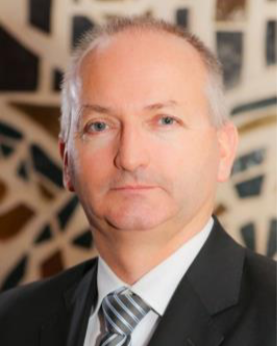 Mr. Philippe Aubineau, Counsellor for ITU-R Study Groups, Radiocommunication Bureau, ITU. Mr. Philippe Aubineau is Counsellor at the Radiocommunication Bureau (BR) of the International Telecommunication Union (ITU). He is responsible since June 2006 for ITU-R Study Group 1 on Spectrum Management and the Conference Preparatory Meeting for the World Radiocommunication Conference (WRC). Previous to taking up his current duties, he worked as radiocommunication engineer at the France Telecom research centre where he was in charge of international frequency planning, coordination and registration for satellite networks. He then joined the Space Services Department of the BR. Since 1995, he participated with increasing level of responsibility in all the WRCs which review and revise the Radio Regulations – the international treaty governing the use of the radio frequency spectrum and the satellite orbit. Philippe Aubineau graduated from the University of Nice-Sophia Antipolis.
Mr. Philippe Aubineau, Counsellor for ITU-R Study Groups, Radiocommunication Bureau, ITU. Mr. Philippe Aubineau is Counsellor at the Radiocommunication Bureau (BR) of the International Telecommunication Union (ITU). He is responsible since June 2006 for ITU-R Study Group 1 on Spectrum Management and the Conference Preparatory Meeting for the World Radiocommunication Conference (WRC). Previous to taking up his current duties, he worked as radiocommunication engineer at the France Telecom research centre where he was in charge of international frequency planning, coordination and registration for satellite networks. He then joined the Space Services Department of the BR. Since 1995, he participated with increasing level of responsibility in all the WRCs which review and revise the Radio Regulations – the international treaty governing the use of the radio frequency spectrum and the satellite orbit. Philippe Aubineau graduated from the University of Nice-Sophia Antipolis.
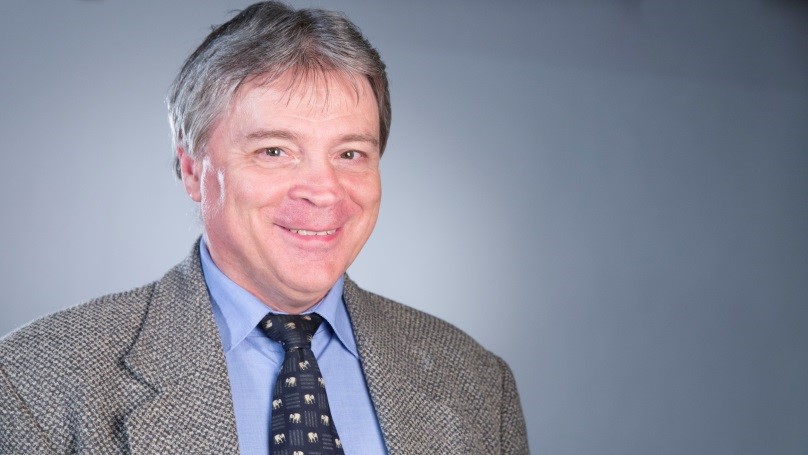 Mr Istvan Bozsoki
Mr Istvan Bozsoki joined the ITU in 1997 to work at the Space Department of the Radiocommunication Bureau and he was dealing with coordination and notification of satellite systems. In 2007 he moved to the Telecommunication Development Bureau and was responsible for spectrum management and broadcasting issues. In April 2013 he became Head of Spectrum Management and Broadcasting Division and since November 2016 he is Head, Telecommunications Network and Spectrum Management Division. After obtaining his degree in telecommunication engineering at the Technical University Budapest in 1980 he spent 17 years at the Hungarian Communication Authority and he was dealing with technical and regulatory aspects of the spectrum management. Among others, he was responsible for the development of a computerized spectrum management system. Later, he was appointed as director of international affairs. He has master degrees in radiocommunications and broadcasting.
 Mr. Ruoting Chang
Mr. Ruoting Chang is the Counsellor of ITU-R Study Group 6 (broadcasting service). Before joining ITU in August 2018, he was the Director of frequency planning division and terrestrial radio services division of the Ministry of Industry and Information Technologies of P.R.C and the Vice-Chair of ITU-R Study Group 1 and the Chair of Working Party 1B on international spectrum management. He has been engaging in international radio frequency coordination activities from 2006, he used to be the key coordinator in China’s delegation in World Radiocommunication Conferences 2012 and 2015.
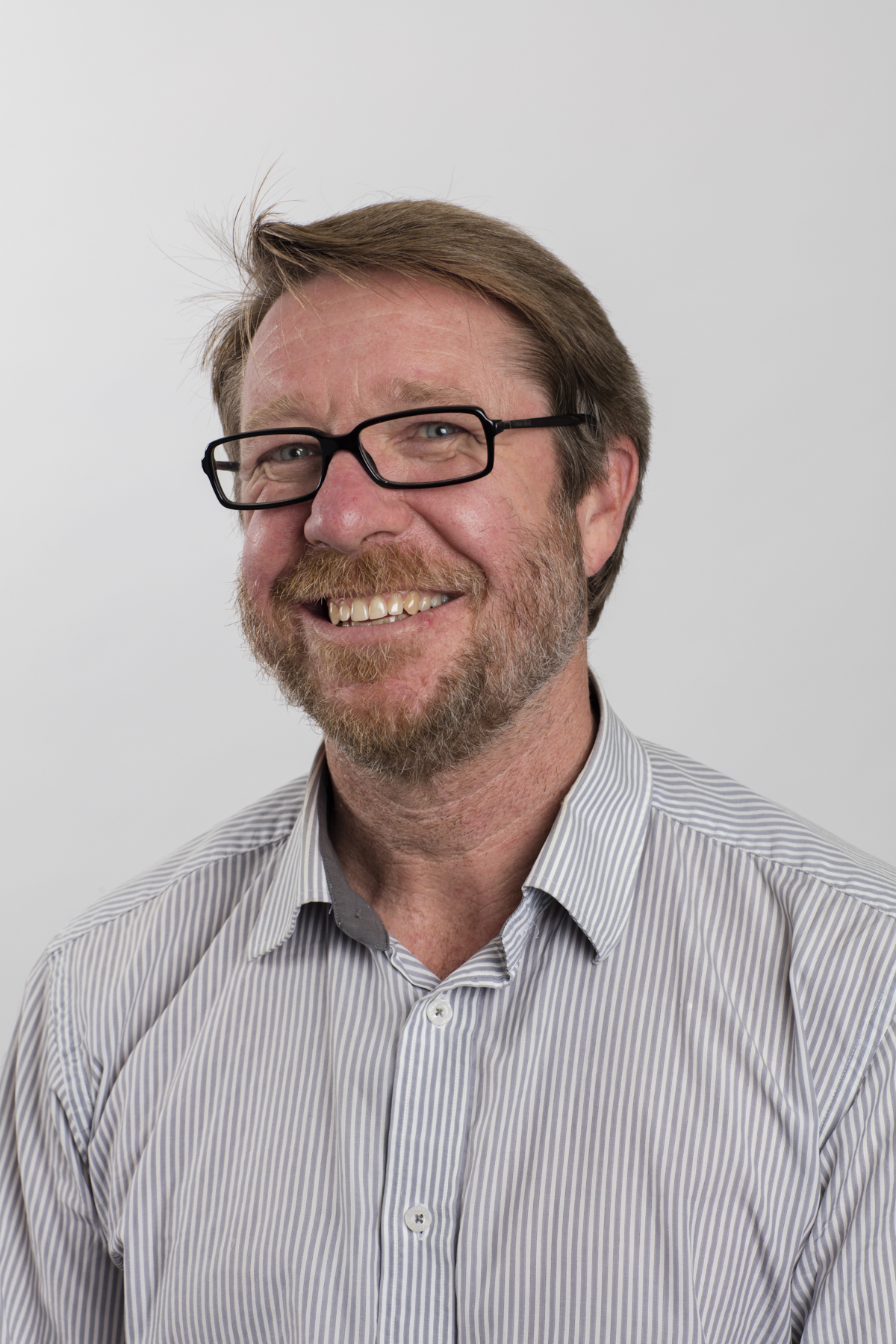 Mr. Rodney Croft
Mr. Rodney Croft is Professor of Health Psychology at the School of Psychology, University of Wollongong, Australia, with his specialty the effect of non-ionizing radiation (especially radiofrequency fields associated with mobile telecommunications), on health. Croft has been researching the radiofrequency health domain for 20 years, and has led successive National Health & Medical Research Council of Australia (NHMRC) Centres of Research Excellence into radiofrequency health since 2005. He has published extensively on the issue of radiofrequency fields and health across domains ranging from basic science to cancer epidemiology and risk communication, and in particular whether radiofrequency fields affect those who report to be ‘electro-hypersensitive’. Croft regularly contributes to the community via the provision of guidance on non-ionizing radiation and health, including government-sector inquires, expert witness testimony for national and international parliamentary inquiries, ad hoc and ongoing contributions to the World Health Organisation, and he is Chairman of the International Commission on Non-Ionizing Radiation Protection (ICNIRP, Munich, Germany, since 2012). Croft led ICNIRP’s development and recent publication of its radiofrequency guidelines, the first since 1998.
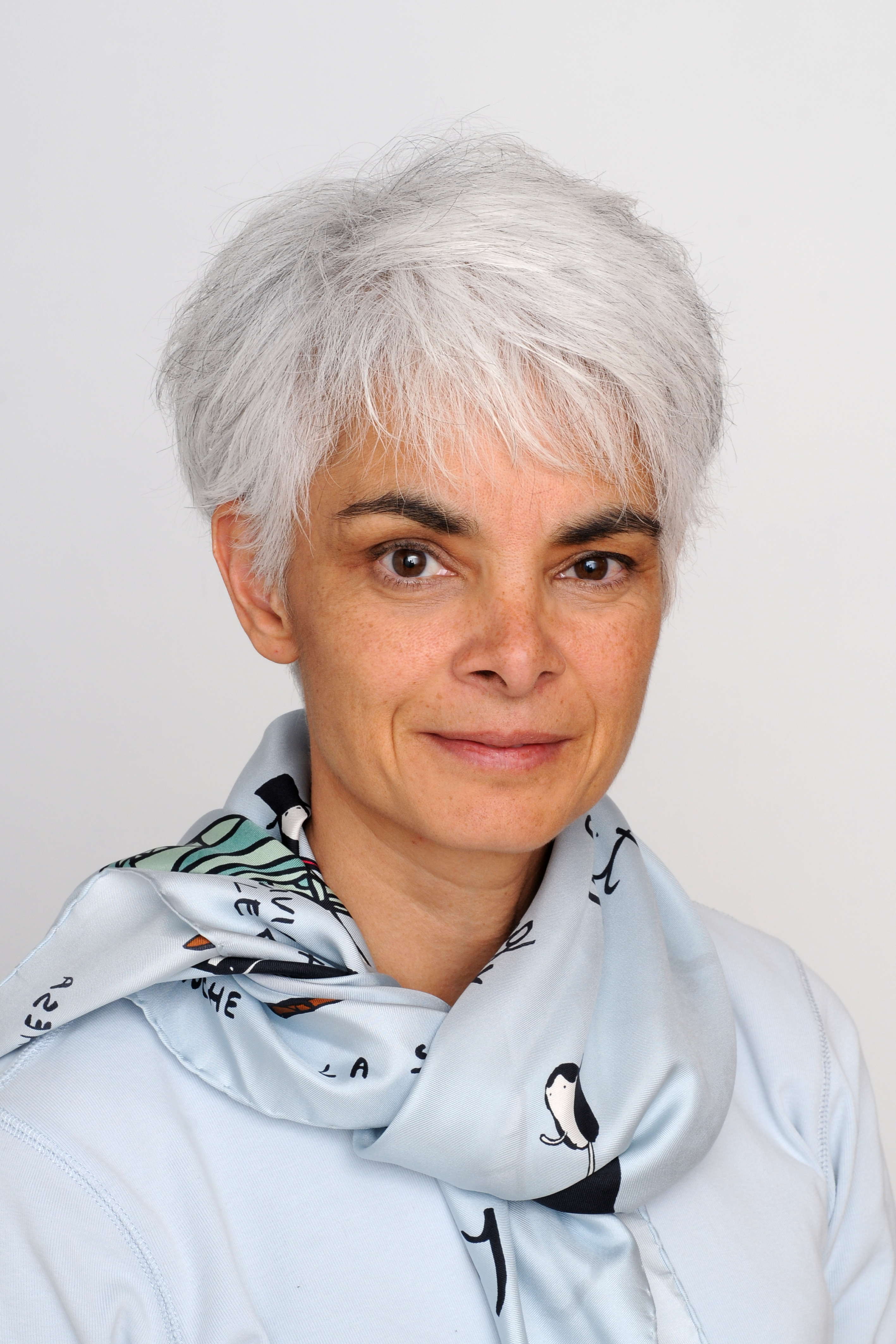 Dr. Emilie van Deventer
Dr. Emilie van Deventer is the Team Leader of the Radiation Programme at the World Health Organization in Geneva. This programme covers the public health aspects of ionizing and non-ionizing radiation safety and provides information and guidance to national authorities on radiation protection and health. She is responsible, inter alia, for the WHO International EMF Project, the Global UV project and radon activities. Before joining WHO in 2000, she was a chaired professor of Electrical and Computer Engineering at the University of Toronto, Canada. She holds a PhD from the University of Michigan, USA and received an honorary doctorate (doctor honoris causa) from the University of San Marcos, Lima, Peru in 2014.
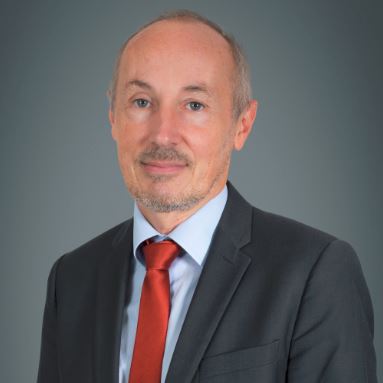 Mr. Eric Fournier
Mr. Eric Fournier is currently Director for Spectrum Planning and International Affairs in the Agence Nationale des Fréquences (ANFR), the French public agency in charge of spectrum management (www.anfr.fr). In this capacity, he is responsible for preparing the revisions of the French national table of spectrum allocation and for coordinating French positions in international meetings on spectrum within ITU, CEPT and EU. He was deputy head of the French delegation for RRC-06, WRC-07, WRC-12, WRC-15 and WRC-19. He has been involved in all discussions on major evolution of spectrum in Europe and was previously Chairman of the Electronic Communication Committee (CEPT/ECC) and of the European Conference Preparatory Group for the World Radiocommunications Conference 2012 (CPG-12). He is currently the chairman of the RSPG Good Offices addressing issues of cross-border coordination and interference within the EU.
Eric is a graduate telecom engineer from SUPELEC (France)
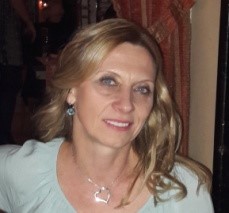 Ms. Natalija Varagić
Ms. Natalija Varagić, Group Coordinator, RATEL. Natalija has more than 20 years experience in the field of radiocommunications covering international coordination, frequency planning, regulatory and technical issues. She holds engineering degree from the School of Electrical Engineering, University of Belgrade, Serbia. As a member of Serbian delegation she participated in ITU-R Regional and World Radio Conferences (RRC-04 and RRC-06, WRC-03, 07, 12, 15 and 19). She also took part in the ITU-R WG and TG and CEPT ECC and CEPT WG FM. On the national level, she chaired and participated in many working groups for preparation of national allocation table, frequency plans, spectrum planning, optimization prediction model, licensing, coordination preparation data and other relevant projects. Natalija was member of the lead team for broadcasting issues within RATEL’s delegation in more than 50 multilateral or bilateral coordination meetings.
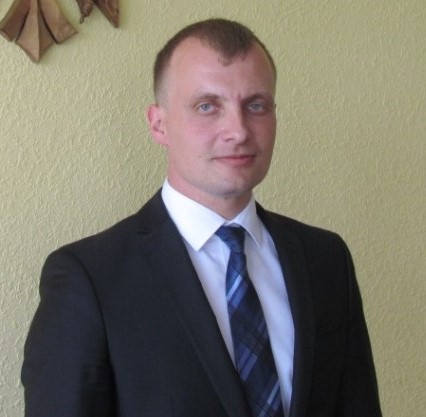 Mr. Andrey Gavrisi
Mr. Andrey Gavrisi
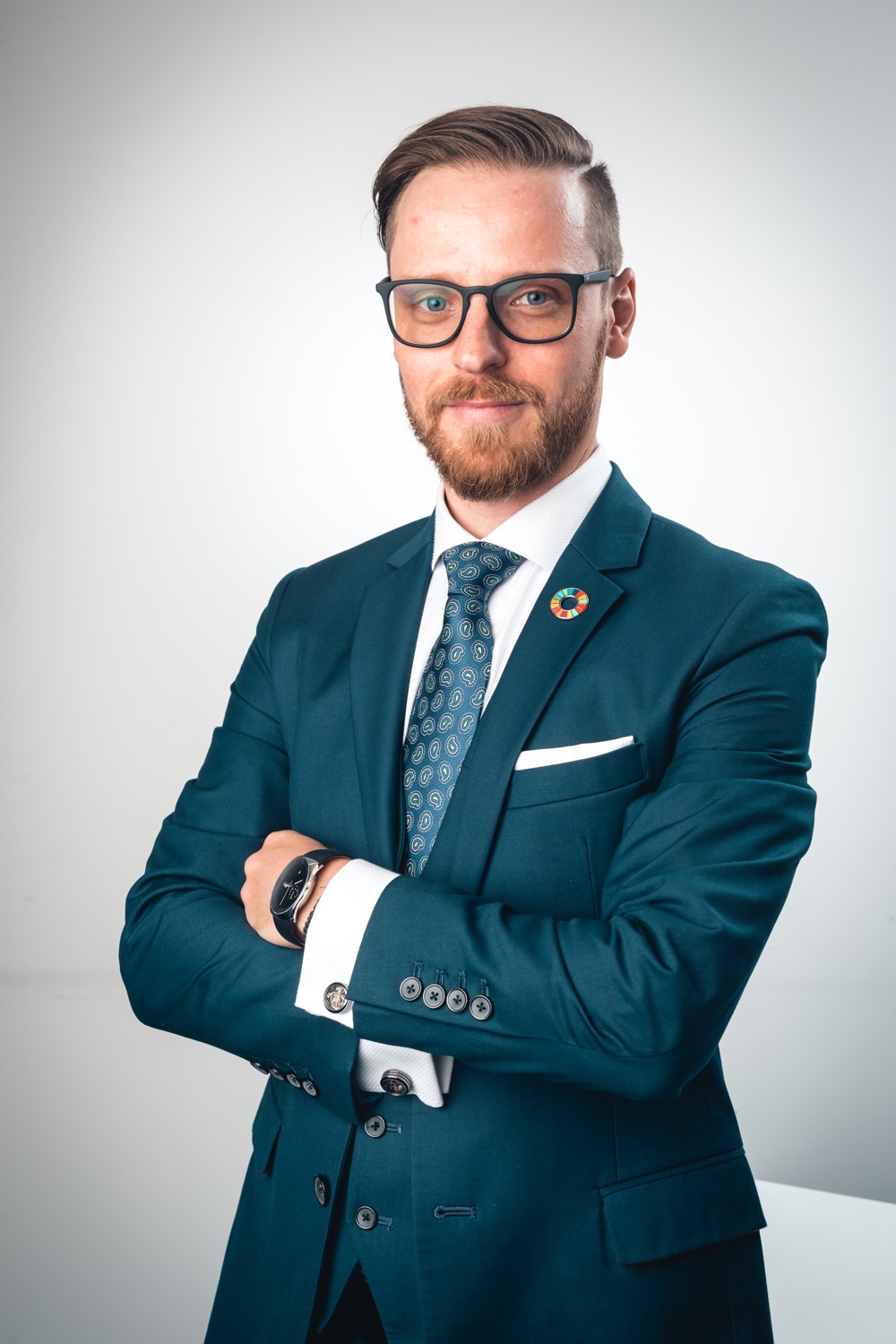
Mr. Daniel Gueorguiev the Public Policy Manager for the Europe, Russia and CIS region on 5G and spectrum issues. Prior to joining the GSMA, he worked in Brussels as a public affairs consultant representing, among others; Intuit, Bloomberg, and the Bill and Melinda Gates Foundation’s interest in Europe. Daniel has an Advanced Masters in International Relations and Diplomacy of the EU at the College of Europe (Bruges) and holds a double degree in Psychology and International Relations from McGill University.
Mr. Daniel Gueorguiev the Public Policy Manager for the Europe, Russia and CIS region on 5G and spectrum issues. Prior to joining the GSMA, he worked in Brussels as a public affairs consultant representing, among others; Intuit, Bloomberg, and the Bill and Melinda Gates Foundation’s interest in Europe. Daniel has an Advanced Masters in International Relations and Diplomacy of the EU at the College of Europe (Bruges) and holds a double degree in Psychology and International Relations from McGill University.
 Mr. Roberto Mitsuake Hirayama, Vice-Chair of ITU-D SG1 and Rapporteur of ITU-D Question 2/1. Currently active in discussions for transition to digital broadcasting as Rapporteur for ITU-D Q.2/1, and chairing several Brazilian Delegations for ITU-T and ITU-D meetings, where he helped to approve GINGA-NCL as an ITU-T Recommendation (H.761). He worked for multinational telecom infrastructure manufacturers, large-sized IT/Telecom service providers, and is working for ANATEL, Brazilian Telecommunications Regulatory Agency, since 2005. At Anatel, he worked as Regulation Specialist at the Mass Communications Superintendence, as the Pay TV Technical and Economic Planning Manager and is now a Process Coordinator at the Regulations Department dealing with regulations and planning for all Telecom Services. He is coordinating the development of Regulatory Impact Assessment (RIA) at Anatel and regulation reform.
Mr. Roberto Mitsuake Hirayama, Vice-Chair of ITU-D SG1 and Rapporteur of ITU-D Question 2/1. Currently active in discussions for transition to digital broadcasting as Rapporteur for ITU-D Q.2/1, and chairing several Brazilian Delegations for ITU-T and ITU-D meetings, where he helped to approve GINGA-NCL as an ITU-T Recommendation (H.761). He worked for multinational telecom infrastructure manufacturers, large-sized IT/Telecom service providers, and is working for ANATEL, Brazilian Telecommunications Regulatory Agency, since 2005. At Anatel, he worked as Regulation Specialist at the Mass Communications Superintendence, as the Pay TV Technical and Economic Planning Manager and is now a Process Coordinator at the Regulations Department dealing with regulations and planning for all Telecom Services. He is coordinating the development of Regulatory Impact Assessment (RIA) at Anatel and regulation reform.
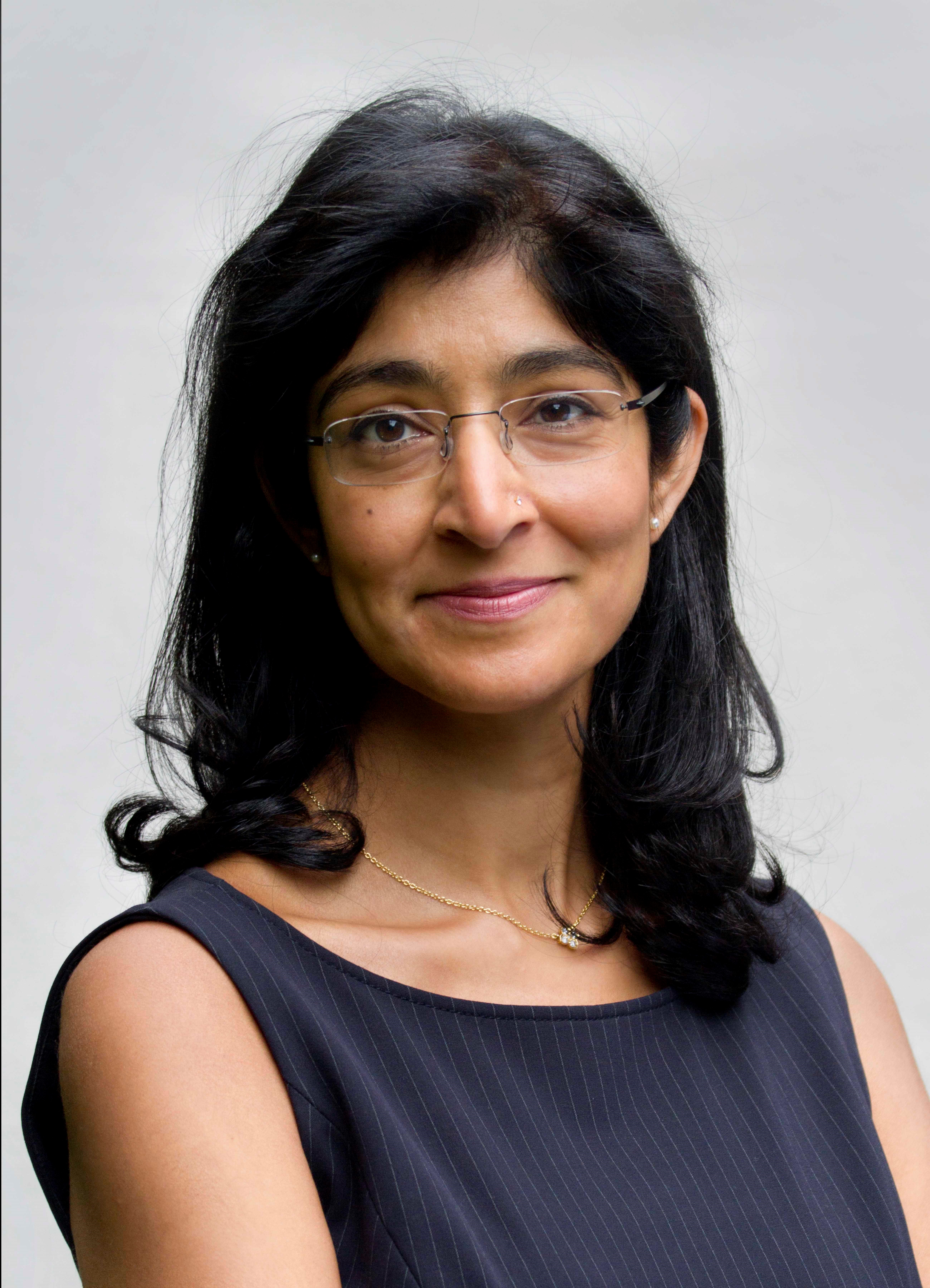 Ms. Aarti Holla-Maini
Ms. Aarti Holla-Maini, Secretary General, EMEA Satellite Operators Association (“ESOA”). Aarti Holla has been Secretary General of the ESOA since 2004. She was named one of the Faces of Satellite of 2014 by the Society of Satellite Professionals International and is a Member of the World Economic Forum’s Global Future Council on Space Technology. Under Aarti’s leadership, ESOA & the CEOs of its member companies lead the effort to showcase the benefits of satellite communications for a more inclusive and secure society and foster a better environment to allow users to profit from satellite services that are available anywhere, anytime - vital to bridging the world’s digital divide, achieving the UN’s Sustainable Development Goals and realizing 5G. Since joining the association, Aarti has lead the expansion of ESOA from a European association to one that represents the interests of 20 global and regional satellite operators based in Europe, the Middle East and Africa. She reports directly to their Chief Executives. Aarti has 22 years' experience in the aerospace industry, starting at Daimler-Benz Aerospace/EADS (now Airbus) in Germany. In 2000, she moved to Brussels, representing Airbus interests in the European satellite navigation program: Galileo. Aarti holds a Masters of Business Administration from HEC, France & Stern Business School, NYC, USA. She qualified as Solicitor of the Supreme Court in the UK in 1995, holding a 2:1 graded LLB Hons Law with German Law degree from King's College, University of London & the University of Passau, Germany. Aarti is of British-Indian origin and holds British and Belgian nationalities. She lives in Brussels, has 3 children and speaks 5 languages.
.jpg) Dr. Alexandre Kholod
Dr. Alexandre Kholod is Head of International Frequency Planning at the Swiss Federal Office of Communications OFCOM. In this role, he leads Swiss preparations for World Radiocommunication Conferences and is also responsible for international satellite coordination. Alexandre has assumed various chairing and drafting tasks in both CEPT and ITU. He serves currently as Chairman of CEPT Conference Preparatory Group for WRC-23. Alexandre holds a PhD degree in mathematics and physics from the Belarussian State University of Informatics and Radioelectronics and a Dr. Habilitation degree from the Aix-Marseille University.
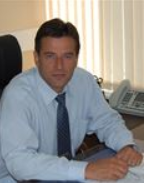 Mr. Stanislav Kizima
Mr. Stanislav Kizima
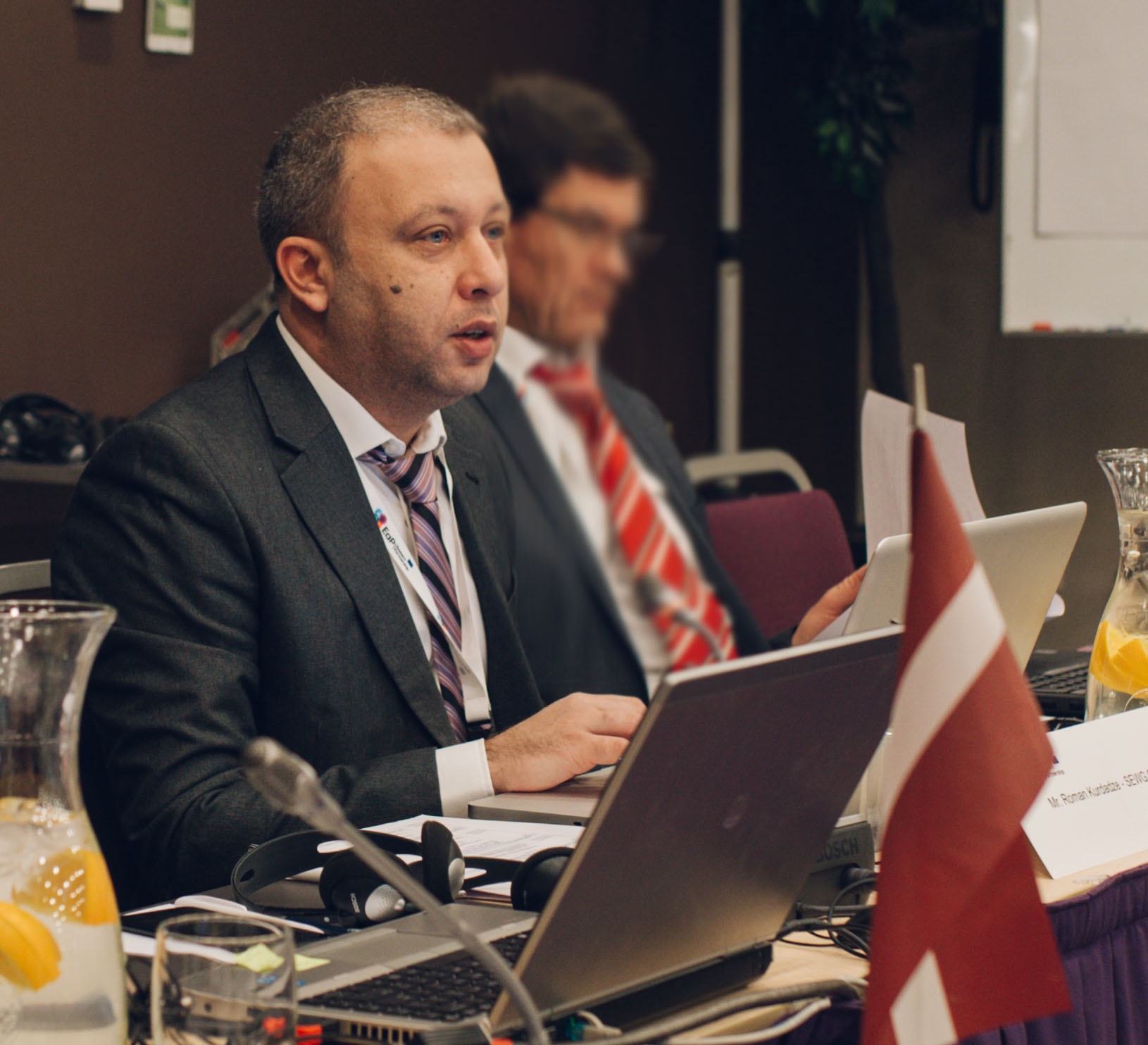 Mr. Roman Kurdadze
Mr. Roman Kurdadze works as Senior Specialist for Communications Commission from 2005 – an independent regulator authority of Georgia. Made a master degree in Systems Automatizations and Informatics at Georgian Technical University, certificates of professional education at Oxford university in field of Modern Telecommunications and Networks, certificates in number of different courses by ITU Academy etc. At 2016 nominated as a co-chair of Spectrum Expert Working Group (SEWG), established by EaPeReg with support of European Commission, from 2018 chair of SEWG, which deals with implementation of modern IMT technologies in DD2 and higher ranges, cross border coordination, technical aspects of 5G networks implementation. With a strong IT background, successfully completed number of projects (software systems) like Mobile Coverage Analyzer (MCA) – a GIS website system, Frequencies Allocation & Management Software – the complete database allocation system for frequencies management and others. Currently, actively involved in coordination and monitoring of IMT networks in Georgia, benchmarking and coverage predictions.
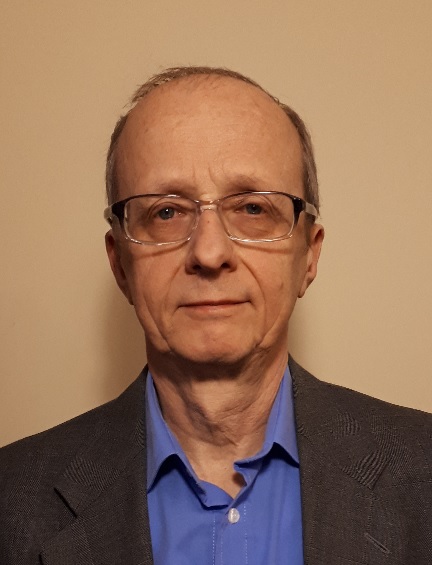 Mr. Fryderyk Lewicki
Mr. Fryderyk Lewicki received MSc and PhD degrees from the Wroclaw University of Technology (Poland). He is also a graduate of several telecommunication programs provided by the United States Telecommunication Training Institute in Washington DC (1990-1992). Since 1985 he joined the Orange Labs Poland where he is expert on Antennas, Radiowave Propagation and EMC. He is Chairman of the ITU-T SG5 WP1/5 “EMC, lightning protection and EMF ” and for the fourth term the Rapporteur for Question 3/5 “Human exposure to electromagnetic fields (EMFs) from information and communication technologies (ICTs)”. In the ITU-R SG3 “Radiowave propagation” he is chairman of the Sub Working Group SWG 3K-2 “Path general propagation method”. He is also Past chair of the Polish Chapter of the IEEE EMC Society. The main fields of his activity are: antenna systems, protection against electromagnetic radiation, spectrum management, electromagnetic compatibility and radiowave propagation.
_photo191107.doc.jpg) Mr. Peter MacAvock
Mr. Peter MacAvock is Head of Delivery, Platforms and Services, EBU Technology and Innovations. At EBU, he heads the team responsible for innovation projects relating to delivery technologies, spectrum management and software platforms. Amongst other things, he is responsible for spectrum matters and high level projects related to Hybrid Radio and Television including HbbTV, DVB, RadioDNS and others. In July 2016, he was elected Chairman of the DVB Project, and retains a role as co-chair of the HbbTV Requirements Group. He is an Irish national living and working in Switzerland
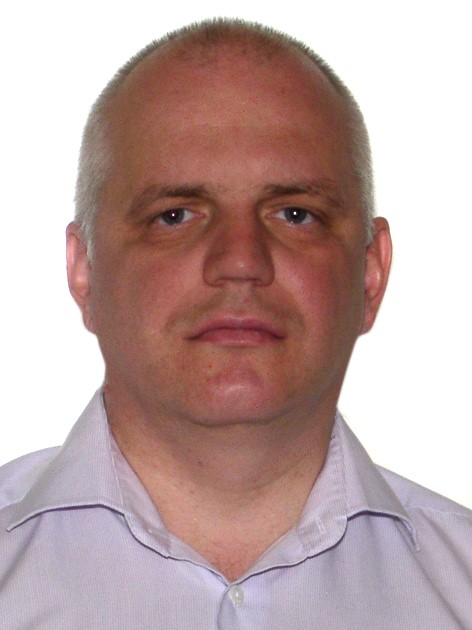 Mr Pavel Mamchenkov
Mr Pavel Mamchenkov. More than 25 years of professional career are dedicated to regulation, development, operation and researches of the latest advances in telecommunication with the emphasis on radiocommunications. The area of expertise is spectrum management in government and private sector including socio-economic trends in telecommunications on global, regional and national basis. The comprehensive experience in spectrum management gained through direct participation in development of strategies, implementation of economic aspects in regulation, researches of spectrum re-allocation and re-farming, spectrum sharing as well as spectrum pricing and other related topics. The most recent area of engagement is focused primarily on spectrum aspects of 5G future implementation. Experience and Competencies: 27 years of professional engagement in telecommunications, radiocommunications and spectrum management, of which twelve years of research and analysis practice with R&D centres, seven years of regulatory practice with the Telecommunication Administration, and eight years of operational spectrum planning with mobile operator company. More than 19 years of participation in ITU activities resulting in the strong knowledge of spectrum regulatory procedures, allocation methods, legal instruments, software tools and issues at the international level. The qualified ITU's expert. Six missions on Spectrum Management and ICT Development in developing countries to carry out surveys of national spectrum regulatory institutions, development of spectrum management master-plans.
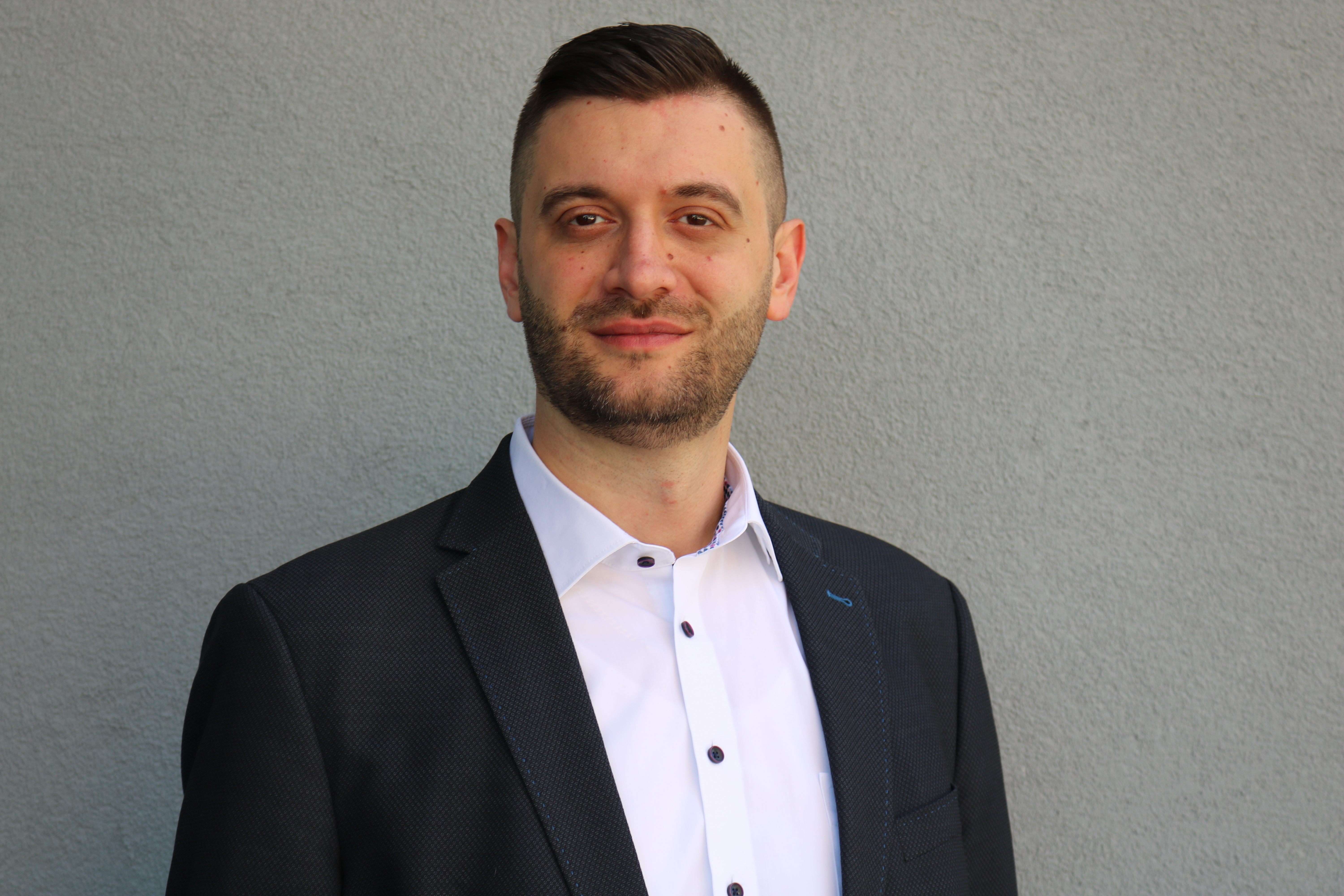 Mr. Aleksandar Mastilovic
Mr. Aleksandar Mastilovic is currently employed as the Director of Telecommunications at the Communications Regulatory Agency Bosnia and Herzegovina, from December 2017. Since January 2017, he has started serving in the IEEE on the global level as an executive board member. Mastilovic is an active IEEE volunteer for more than 17 years and nowadays he is the member of a few working groups and executive committees on a global level: IEEE Publications Services and Products Board, IEEE Conferences Committee, IEEE Young Professionals Committee, IEEE Platform Guidance Group, IEEE Internet of Things Standards Steering Committee and many others global level OUs. He is an individual expert member or the official representative of the Communications Regulatory Agency Bosnia and Herzegovina in many technical, standardization and policy organization, as follows: IEEE, ITU, BEREC, 3GPP, RIPE, IETF, EMERG, IEC and many others. Mastilovic is the project leader of many past and current international, regional and domestic projects related with Smart Cities, Smart Grid and Emergency Communications, including the first practical implementation of the Smart City services in Bosnia and Herzegovina and one of the first in the region: “EU MED Project ESMARTCITY: Smart Public Lights in East Sarajevo” in the cooperation with the Development Agency of East Sarajevo and local government. He is very active in promoting smart technologies for improving quality of life and building a smart society at all. Aleksandar has substantial international experience in technical, business, education and regulation/legal side of smart technologies. He was awarded a grant from IEEE Communications Society for 1st Summer School for 30 best Ph.D. students in Telecommunications worldwide in 2015 and is the author of 8 papers on IEEE conferences and workshops. In 2014, he received Maria Curie Fellowship from EU for Ph.D. studies and was working on the FP7 ADVANTAGE ITN Project in Working Package 1 team for Smart Home design at University of Novi Sad, Faculty of Technical Sciences (Serbia), with focus on optimizing uplink Communications and Power Control in Small Cells and Uncoordinated Random-Access Control for Massive and Critical Machine-to-Machine communications, as his Ph.D. topic.
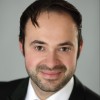 Mr. Manuel Mielke
Mr. Manuel Mielke discovered his passion for radio receivers while sitting in a Vodafone drive test van for several months, running network scans with scanners from Rohde & Schwarz. This was during his studies at the University of Applied Sciences in Regensburg, Germany. Today – an electrical engineering degree with a major in wireless communications and a stint at antenna specialist Kathrein later – Manuel finds himself “driving” the R&S scanners: as Product Manager Drive Test Scanners, he defines and shapes their specifications to help customers introduce new radio network technologies and features quickly and efficiently.
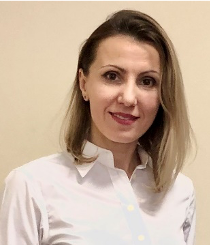 Ms. Natalia Mochu
Ms. Natalia Mochu
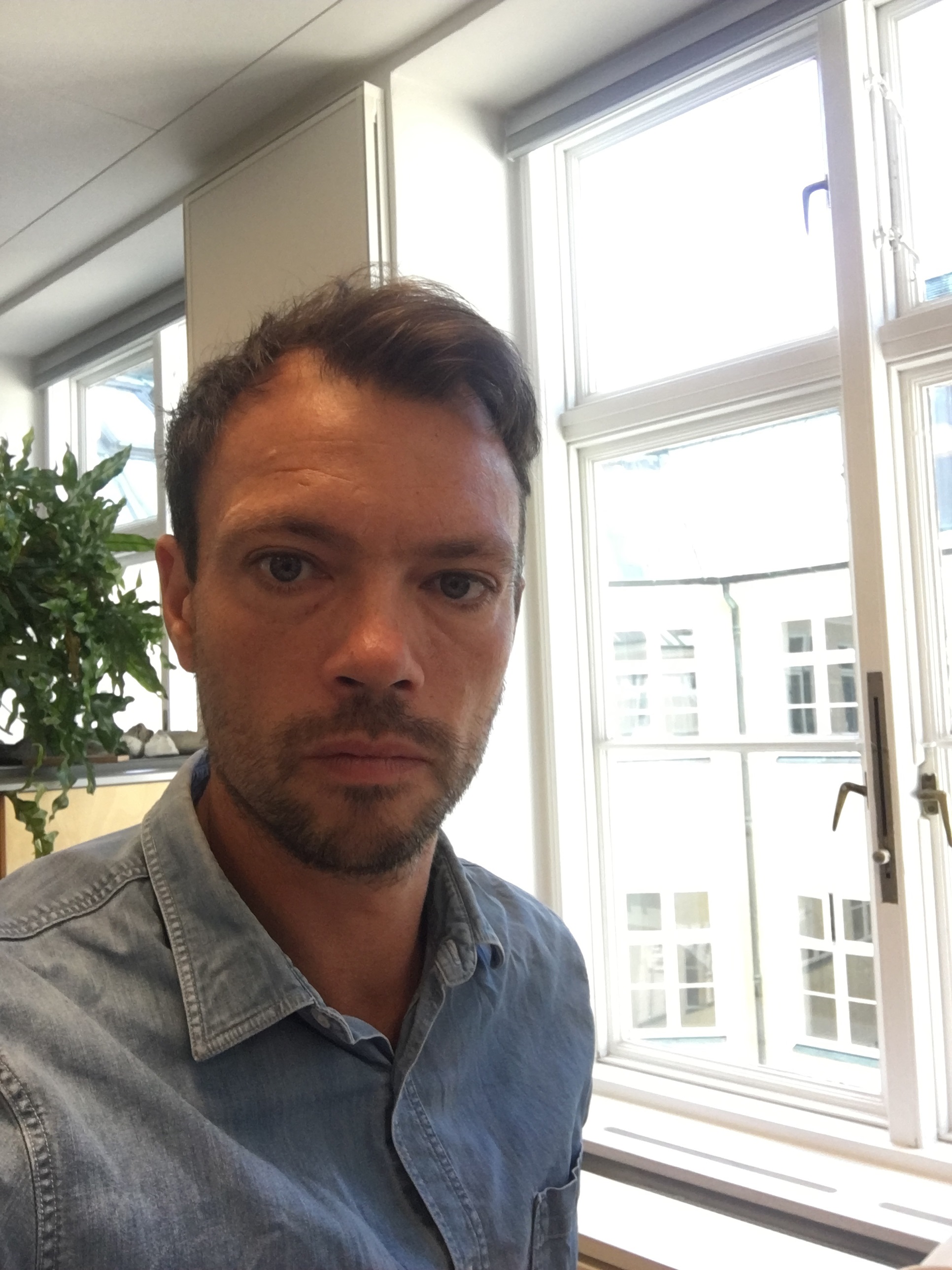
Mr. Morten Friis Møller, Senior Advisor and team leader on Digital Governance Nordic Council of Ministers, Copenhagen
Since 2012 I’ve been facilitating the intergovernmental cooperation between the Nordic and Baltic countries on digital innovation and governance.
I’ve been driving strategic partnerships on digitalization with various key stakeholders from public authorities, the private sector, academia and international organization promoting digital innovation and sound regulation of the data-driven economy. Keywords: AI, data-economy, 5G, cross-border digital services, open data, GovTech, Digital Governance
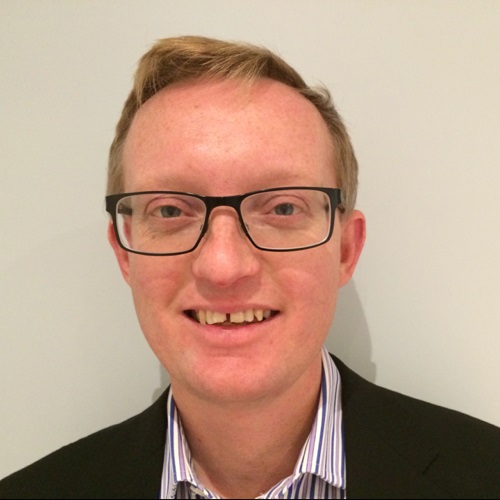 Mr. Justin Moore
Mr. Justin Moore is Head of Spectrum Strategy and Space in Ofcom’s Spectrum Group. Justin has been at Ofcom since its creation in 2003 and has led spectrum policy work across a range of sectors, including mobile, broadcasting and most recently the space sector. He is currently leading work to review Ofcom’s overall spectrum strategy. Prior to Ofcom he was at the legacy regulator Oftel and a consultant in the telecoms sector.
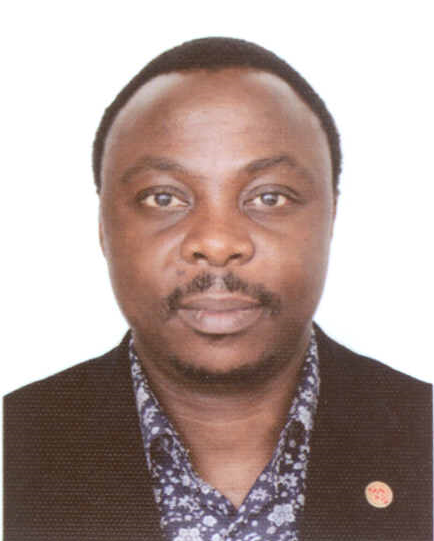 Mr. Kezias Mwale holds an MSc in Broadband and Mobile Communications with distinction from the University of Kent (2008), and an MBA from the University of Nicosia (2017). He started his spectrum management career as a junior engineer in 2003 at the Zambia ICT Authority, rising to manager spectrum management in 2010 – a position he held until his appointment by the African Telecommunications Union (ATU) as a Radiocommunications Coordinator in 2012. He has been a keen and active contributor to national, regional and international spectrum management successes including development of the first Zambian national spectrum plan, the SADC spectrum plan, the GE-06 Conference during which he was appointed one of the planning experts for Eastern and Southern Africa. He has immensely contributed to the current improved status of Radiocommunications affairs of ATU.
Mr. Kezias Mwale holds an MSc in Broadband and Mobile Communications with distinction from the University of Kent (2008), and an MBA from the University of Nicosia (2017). He started his spectrum management career as a junior engineer in 2003 at the Zambia ICT Authority, rising to manager spectrum management in 2010 – a position he held until his appointment by the African Telecommunications Union (ATU) as a Radiocommunications Coordinator in 2012. He has been a keen and active contributor to national, regional and international spectrum management successes including development of the first Zambian national spectrum plan, the SADC spectrum plan, the GE-06 Conference during which he was appointed one of the planning experts for Eastern and Southern Africa. He has immensely contributed to the current improved status of Radiocommunications affairs of ATU.
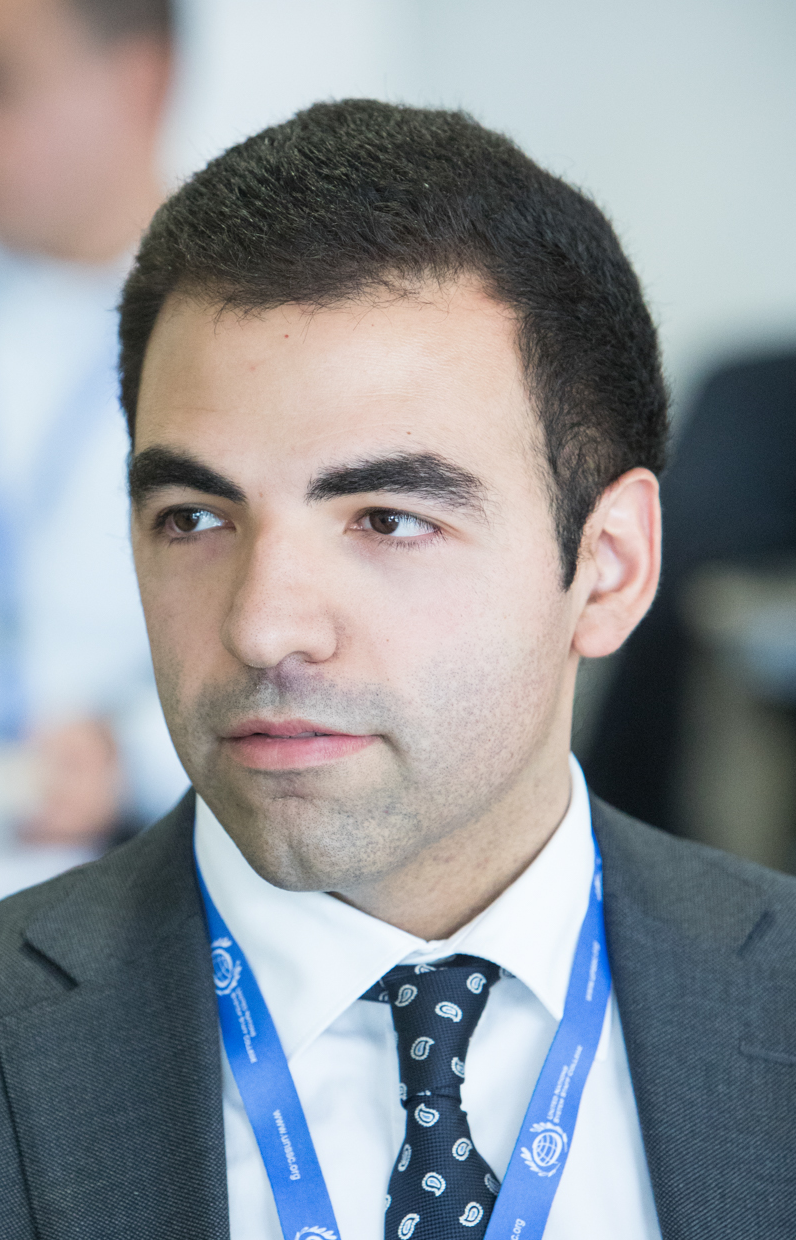 Mr. Farid Nakhli
Mr. Farid Nakhli received his Master of technical sciences degree in the Belarusian State University of Informatics and Radioelectronics in 2009. From 2008 to 2015 Farid worked in the system of the Ministry of Communication and Informatization of the Republic of Belarus managing projects on nation-wide ICT strategy and policy analysis, monitoring of ICT infrastructure and e-government development, regulation and standardisation, and development of relevant software. In 2015 he joined the Corporate Strategy Division of the International Telecommunication Union (ITU) as Planning and Management Consultant. Since 2016 Farid works as Programme Coordinator and later as Programme Coordinator at the ITU Regional Office for CIS based in Moscow, where his responsibilities include ICT strategy and policy advise, management of projects on ICT development and organization of regional events. Recognized profession credentials include: CCNP (Cisco certified network professional) – 2012 and PMP (Project management professional) – 2014. Speaks Russian, English, French and Belarusian.
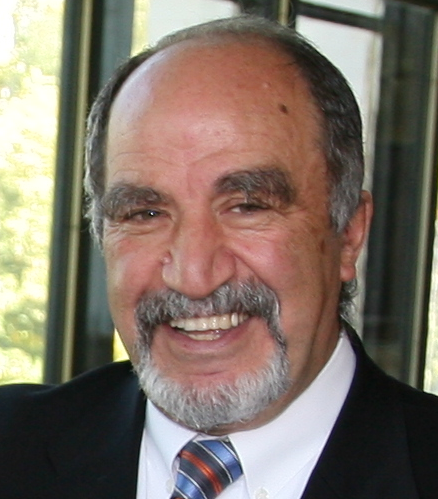
Mr. Albert Nalbandian, Armenia, Vice-Chairman ITU-R Study Group 1, Chairman RCC WG RA/WRC 2023. Currently (since 2002) he is the Adviser of Minister of high-tech industry of the Republic of Armenia. Delegate from Armenia at ITU Plenipotentionary Conferences (Marakesh-2002, Antalia-2006, Guadalajara-2010 and Dubai-2018) and ITU World Radiocommunication Conferences (at WRC-03 and WRC-07 was elected as Committee Chairman and at WRC-12 – as Conference Vice-Chairman).
2007 - appointed as a Chairman of the ITU Conference Preparatory Meeting for WRC-12 (CPM-12). A. Nalbandian is also participating in the RCC work (Council of the Heads of Administrations, Commissions on Spectrum, on Broadcasting, etc). Chairman RCC WG RA/WRC for WRC 2007, 2012, 2015, 2019 и 2023. 1985 – 2002 - Counsellor of the ITU BR, of ITU-R Study Group 1 “Spectrum management”, ITU-R Study Group 7 “Science services” and preparation for radiocommunication conferences (CPM) 1965 – 1985 - Deputy of the Head of Department on satellite communications and broadcasting of the Moscow Radio Research and Development Institute (NIIR) 1960 - 1965 - Moscow Telecommunication Institute Engineer on radio communications and broadcasting
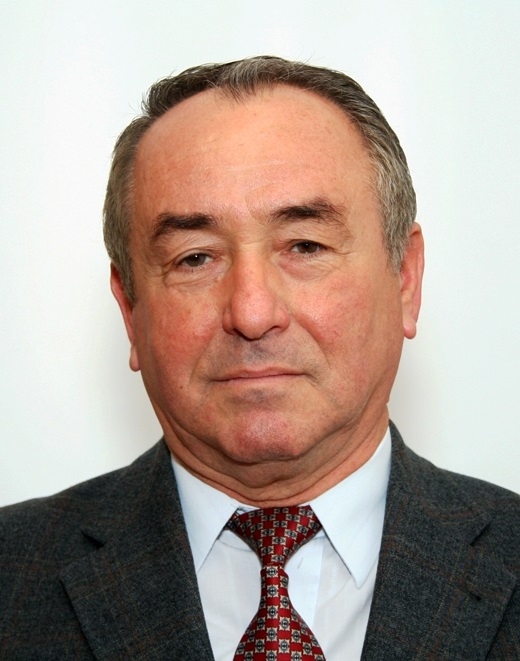 Dr. Laszlo PADOS received his M.Sc. degree in electronic engineering from the Budapest University of Technology and Economics, Budapest in 1975. He began his carrier int he army and worked on different radiocommunication topics. He was head of electronic warfare systems of the air defence forces for the couple of years in the Defence Ministry. He awarded the Ph.D title in 1987. He moved to the National Communucations Authority in1996. During the last 20 years he is an active participant in the international communication regulatory work. Until 2014 he held the position of deputy director for Frequency and Identifier Directorate of Media and Infocommunications Authority, Hungary. Since then he has been an advisor to the National Media and Infocommunications Authority.
Dr. Laszlo PADOS received his M.Sc. degree in electronic engineering from the Budapest University of Technology and Economics, Budapest in 1975. He began his carrier int he army and worked on different radiocommunication topics. He was head of electronic warfare systems of the air defence forces for the couple of years in the Defence Ministry. He awarded the Ph.D title in 1987. He moved to the National Communucations Authority in1996. During the last 20 years he is an active participant in the international communication regulatory work. Until 2014 he held the position of deputy director for Frequency and Identifier Directorate of Media and Infocommunications Authority, Hungary. Since then he has been an advisor to the National Media and Infocommunications Authority.
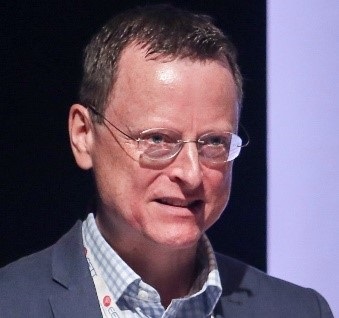 Mr. Stephen Pentland is part of Vodafone Group’s Policy & Public Affairs team and has global responsibility for telecom network policy, including managing the company’s spectrum licensing policies and activities across Europe and Africa.
Mr. Stephen Pentland is part of Vodafone Group’s Policy & Public Affairs team and has global responsibility for telecom network policy, including managing the company’s spectrum licensing policies and activities across Europe and Africa.
This involves seeking alignment with regional and national policymakers on how the spectrum policy and licensing environment must be adapted to ensure strong and sustainable investment in competing digital networks; and managing spectrum licence valuation, acquisition and renewal activities.
Stephen studied Engineering at Cambridge and worked previously in the Japanese technology sector and as a strategy consultant in the international telecommunications and media sector.
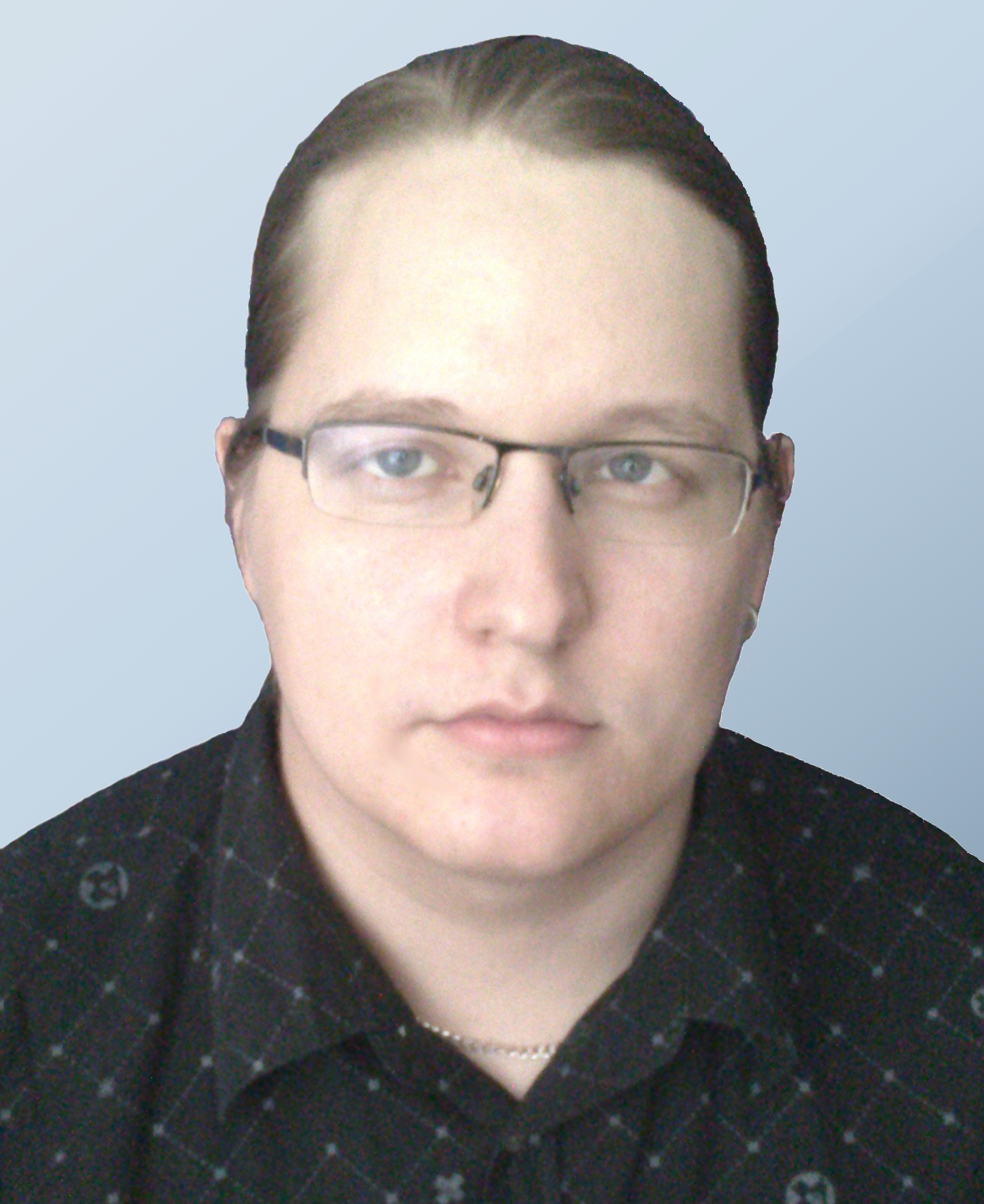 Mr. Arseny Plossky
Mr. Arseny Plossky graduated from the Moscow Technical University of Communication and Informatics in 2009 as economist-manager in telecommunications. Completed post-graduate studies in the same university in the field of spectrum management. From 2007 year he is working Radio Research & Development Institute (NIIR) of the Russian Federation on the various fields of telecommunications/ICTs, including economic, regulatory, statistical and technical aspects.
Actively participate in providing scientific, technical and methodological basis for the international legal protection of national interests in the field of telecommunications and radiocommunications, including PP, WTDC, TDAG, ITU-R (SG 1), ITU-T (SG 3), ITU-D (SG 1 and 2) and APEC TEL.
He led the development of some ITU-R and ITU-T deliverables (Report ITU-R SM.2404-0 Regulatory tools to support enhanced shared use of the spectrum, Report ITU-R SM.2353-0 The challenges and opportunities for spectrum management resulting from the transition to digital terrestrial television in the UHF bands, Recommendation ITU-T D.264 Shared uses of telecommunication infrastructure as possible methods for enhancing the efficiency of telecommunications). Currently he is chairman of ICT Development subgroup of APEC TEL, Vice-Chairman of TDAG, Rapporteur on ITU-D SG 1 Question 4/1 Economic policies and methods of determining the costs of services related to national telecommunication/ICT networks, including next-generation networks and Vice-Rapporteur on ITU-D SG 1 Question 3/1 Access to cloud computing: challenges and opportunities for developing countries. He wrote more than 30 scientific articles mostly in the field of economic aspects of spectrum management and prepared drafts of more than 60 contributions for the work of abovementioned formats.
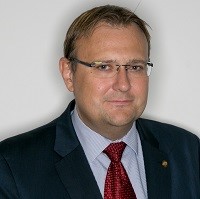 Mr. Jaroslaw K. Ponder, Head of the Office for Europe at the International Telecommunication Union (ITU) (Geneva, Switzerland), representing ITU in Europe and directing actions, projects, initiatives and experts groups targeting 46 countries of the Europe Region. His portfolio includes set of Regional Initiatives for Europe, designed by the European Member States and focusing on the ICT Infrastructure, Digitization, Digital Inclusion, Accessibility, Innovation and Cybersecurity. Along the professional career, Mr. Ponder held official positions in the public sector and was a contributor to the legislative projects having the impact on the public policy. Since 2014 Mr. Ponder has been working for ITU holding diverse positions in the General Secretariat, Telecommunication Development Bureau, and Regional Presence, addressing complexity of information society development and digital transformation at national, regional, international level, including United Nations level. For several years he has managed ITU’s work on the United Nations World Summit on the Information Society (WSIS) process, leading towards the establishment of the annual WSIS Forum, WSIS Prizes, WSIS Stocktaking, others.
Mr. Jaroslaw K. Ponder, Head of the Office for Europe at the International Telecommunication Union (ITU) (Geneva, Switzerland), representing ITU in Europe and directing actions, projects, initiatives and experts groups targeting 46 countries of the Europe Region. His portfolio includes set of Regional Initiatives for Europe, designed by the European Member States and focusing on the ICT Infrastructure, Digitization, Digital Inclusion, Accessibility, Innovation and Cybersecurity. Along the professional career, Mr. Ponder held official positions in the public sector and was a contributor to the legislative projects having the impact on the public policy. Since 2014 Mr. Ponder has been working for ITU holding diverse positions in the General Secretariat, Telecommunication Development Bureau, and Regional Presence, addressing complexity of information society development and digital transformation at national, regional, international level, including United Nations level. For several years he has managed ITU’s work on the United Nations World Summit on the Information Society (WSIS) process, leading towards the establishment of the annual WSIS Forum, WSIS Prizes, WSIS Stocktaking, others.
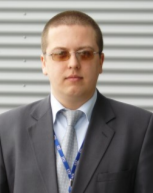 Mr. Vadim Poskakukhin
Mr. Vadim Poskakukhin
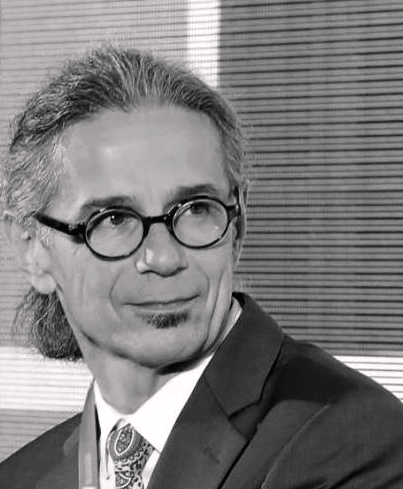 Mr. Darko Ratkaj
Mr. Darko Ratkaj is a senior project manager at the EBU's Technology & Innovation department in the where he works in the field of audiovisual media communications technologies. He facilitates technical collaboration amongst EBU Member organisations and with external stakeholders, including the industry, the R&D community and academia, standards developing organisations, regulators and policy makers. Prior to joining the EBU in 2008 he gained 15 years of experience in radio spectrum management and regulation at national, European, and the international level. He participates in CEPT and ITU activities since 1995. Darko currently coordinates the EBU's activities related to IMT technologies, including 5G, aiming to enable their use in production and distribution of audiovisual media content and services. In this context he facilitates EBU contributions to DVB, 3GPP, ITU, ETSI, as well as regulatory organisations.
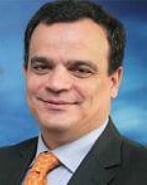 Mr. Joaquin RESTREPO Capacity Building Coordinator; Study Groups Department (SGD), Radiocommunications Bureau (BR), International Telecommunications Union (ITU). Joined the ITU in July 2012 to be in charge of Designing, Planning, and Implementing the dissemination strategies of Radiocommunication Sector, aimed to increase the institutional awareness and human capacity building of Members about National and International Spectrum Management, and the relevant trends in those issues, among others: ITU Radio Regulations (RR) and National Spectrum legislation relationship, Long-Term Frequency Bands Planning, Spectrum Licensing and Auctioning, Spectrum Trading, IMT, Digital Terrestrial TV and Digital Dividend, Small Satellites Regulatory framework, etc. During 2011-2012, was Senior Technical Advisor in REGULATEL; in 2010 Founder and 1st. Director General of the Colombian National Spectrum Agency (ANE); in 2006-2010 Director Office of International Affairs, Ministry of ICT of Colombia; in 2002 Director of Planning at COMPARTEL Program (universal service) at the same Ministry. M.SC and Ph.D. Telecommunications, Ecole Nationale Superieure des Telecommunications, Toulouse, France; Electronic Engineer and M.Sc. Technology Management, Universidad Pontificia Bolivariana, Medellín, Colombia., Extensive experience in meetings and conferences on ICT multilateral ITU, CITEL, CAATEL, COPUOS, etc. Project Manager regional satellite: Satellite Andean Colombian Satellite (SATCOL). More than 20 years of experience in the academic sector, devoted to R&D projects in Radiocommunications. The author of numerous scientific papers in specialized magazines as EEE, IAF, etc. The holder of several patents in the domain of Non-GEO satellite communications.
Mr. Joaquin RESTREPO Capacity Building Coordinator; Study Groups Department (SGD), Radiocommunications Bureau (BR), International Telecommunications Union (ITU). Joined the ITU in July 2012 to be in charge of Designing, Planning, and Implementing the dissemination strategies of Radiocommunication Sector, aimed to increase the institutional awareness and human capacity building of Members about National and International Spectrum Management, and the relevant trends in those issues, among others: ITU Radio Regulations (RR) and National Spectrum legislation relationship, Long-Term Frequency Bands Planning, Spectrum Licensing and Auctioning, Spectrum Trading, IMT, Digital Terrestrial TV and Digital Dividend, Small Satellites Regulatory framework, etc. During 2011-2012, was Senior Technical Advisor in REGULATEL; in 2010 Founder and 1st. Director General of the Colombian National Spectrum Agency (ANE); in 2006-2010 Director Office of International Affairs, Ministry of ICT of Colombia; in 2002 Director of Planning at COMPARTEL Program (universal service) at the same Ministry. M.SC and Ph.D. Telecommunications, Ecole Nationale Superieure des Telecommunications, Toulouse, France; Electronic Engineer and M.Sc. Technology Management, Universidad Pontificia Bolivariana, Medellín, Colombia., Extensive experience in meetings and conferences on ICT multilateral ITU, CITEL, CAATEL, COPUOS, etc. Project Manager regional satellite: Satellite Andean Colombian Satellite (SATCOL). More than 20 years of experience in the academic sector, devoted to R&D projects in Radiocommunications. The author of numerous scientific papers in specialized magazines as EEE, IAF, etc. The holder of several patents in the domain of Non-GEO satellite communications.
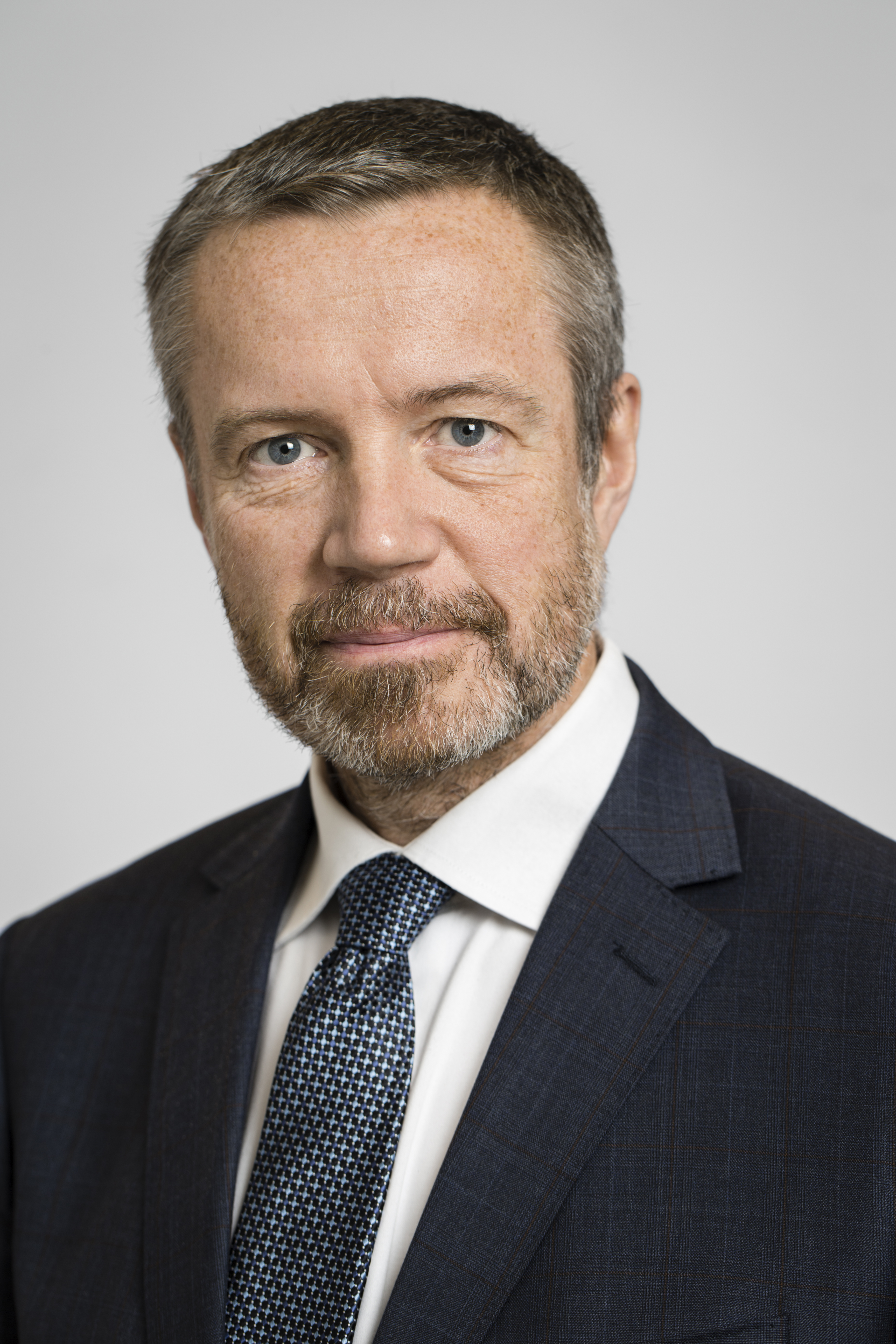
Mr. Dan Sjöblom, appointed by the Swedish Government, is the Director-General of the Swedish Post and Telecom Authority (PTS) since February 1, 2017. He is the Chair of the Body of European Regulators for Electronic Communications (BEREC) for 2020. Prior to taking up his position, Mr. Sjöblom was the Director General of the Swedish Competition Authority from 2009 to 2017. He is also board member of the Swedish Broadband Council. Mr. Sjöblom performed various functions as a civil servant at the European Commission between 1996-2009. He holds a Master of Laws from Stockholm University.
Mr. Dan Sjöblom, appointed by the Swedish Government, is the Director-General of the Swedish Post and Telecom Authority (PTS) since February 1, 2017. He is the Chair of the Body of European Regulators for Electronic Communications (BEREC) for 2020. Prior to taking up his position, Mr. Sjöblom was the Director General of the Swedish Competition Authority from 2009 to 2017. He is also board member of the Swedish Broadband Council. Mr. Sjöblom performed various functions as a civil servant at the European Commission between 1996-2009. He holds a Master of Laws from Stockholm University.
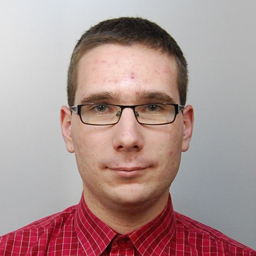 Mr. Tamas Istvan UNGER
Mr. Tamas Istvan UNGER (6 May 1992, Budapest, Hungary) have been working as an Expert on frequency co-ordination for the National Media and Infocommunications Authority since January 2015. Graduated as an electrical engineer (M. Sc.) at Szechenyi Istvan University (Gyor, Hungary) in 2017, specialized on Infocommunications as well as on Telecommunications Systems and Services. He is actually studying Mathematics (B. Sc.) at Bolyai Institute, University of Szeged (Szeged, Hungary).
As an Expert on frequency co-ordination, he is dealing with frequency co-ordination issues according to HCM Agreement, taking into account the Land Mobile Service, as well as the Fixed Service. His main task is to apply and develop the HCM Agreement, including operative co-ordination requests and answers with the neighbouring countries of Hungary. Besides the operative issues he is also dealing with the application and the development of related wave propagation models.
He is partially responsible for the development of regional agreements between countries and operators, affecting MFCN frequency bands.
During his internship at National Media and Infocommunications Authority in 2014, he wrote a thesis called “Application and Further Development of the HCM Agreement in the Frequency Co-ordination of Land Mobile Service”, which has won first prize at the all-Hungarian Scientific Student’s Association Conference. During his studies he has won the Fellowship granted by the Republic of Hungary in 2012, 2013 and 2014 for his excellent results and scientific works.
He has advanced programming skills in Matlab and LaTeX. He speaks Hungarian, English and Slovak fluently.
.jpg) Dr. Péter VÁRI Phd. Born on August 22, 1969 in Dunaújváros, Hungary. In 1987-1990 – attended Széchenyi István Technical College majoring as wireless networking technology engineer. In 1994 – graduated from the Budapest University of Technology as Electrical Engineer in telecommunications field. In 2001 – earned the postgraduate certificate at the Budapest University of Economic Studies as an Engineer-economist. In 2003 – completed the postgraduate course at Eötvös Lóránd University (ELTE), Budapest as an Engineer-lawyer. In 2017 – finished Ph.D. studies on the Corvinus University of Budapest on the topic of Digital Television and Switchover. In 1992-1993 – worked as an engineer for Matáv Rt. the largest telecommunications operator in Hungary. From 1993-2004 – worked for Antenna Hungária Rt. the Hungarian Broadcasting and Radio Telecommunications Limited Company, started as Head of Unit he worked his way up to become Director of Operational Matters. In 2004-2006 – Head of Department in the Ministry of Informatics and Communications of Hungary, and in 2006-2008 – Senior Counselor of the Government at the Hungarian Prime Minister’s Office. In 2009 – as a project manager he began to coordinate the digital switchover at Antenna Hungária Rt., and in 2011 began to work in the National Media and Infocommunications Authority of Hungary (NMHH). Currently as a Deputy Director General of NMHH, he is responsible for the fields of frequency and identifier management, measurement affairs and technology analysis. Mr. Vári is associate professor of the Department of Telecommunications at Széchenyi István University of Győr, he gives courses in the field of radio systems and satellite telecommunications. Married with two children.
Dr. Péter VÁRI Phd. Born on August 22, 1969 in Dunaújváros, Hungary. In 1987-1990 – attended Széchenyi István Technical College majoring as wireless networking technology engineer. In 1994 – graduated from the Budapest University of Technology as Electrical Engineer in telecommunications field. In 2001 – earned the postgraduate certificate at the Budapest University of Economic Studies as an Engineer-economist. In 2003 – completed the postgraduate course at Eötvös Lóránd University (ELTE), Budapest as an Engineer-lawyer. In 2017 – finished Ph.D. studies on the Corvinus University of Budapest on the topic of Digital Television and Switchover. In 1992-1993 – worked as an engineer for Matáv Rt. the largest telecommunications operator in Hungary. From 1993-2004 – worked for Antenna Hungária Rt. the Hungarian Broadcasting and Radio Telecommunications Limited Company, started as Head of Unit he worked his way up to become Director of Operational Matters. In 2004-2006 – Head of Department in the Ministry of Informatics and Communications of Hungary, and in 2006-2008 – Senior Counselor of the Government at the Hungarian Prime Minister’s Office. In 2009 – as a project manager he began to coordinate the digital switchover at Antenna Hungária Rt., and in 2011 began to work in the National Media and Infocommunications Authority of Hungary (NMHH). Currently as a Deputy Director General of NMHH, he is responsible for the fields of frequency and identifier management, measurement affairs and technology analysis. Mr. Vári is associate professor of the Department of Telecommunications at Széchenyi István University of Győr, he gives courses in the field of radio systems and satellite telecommunications. Married with two children.
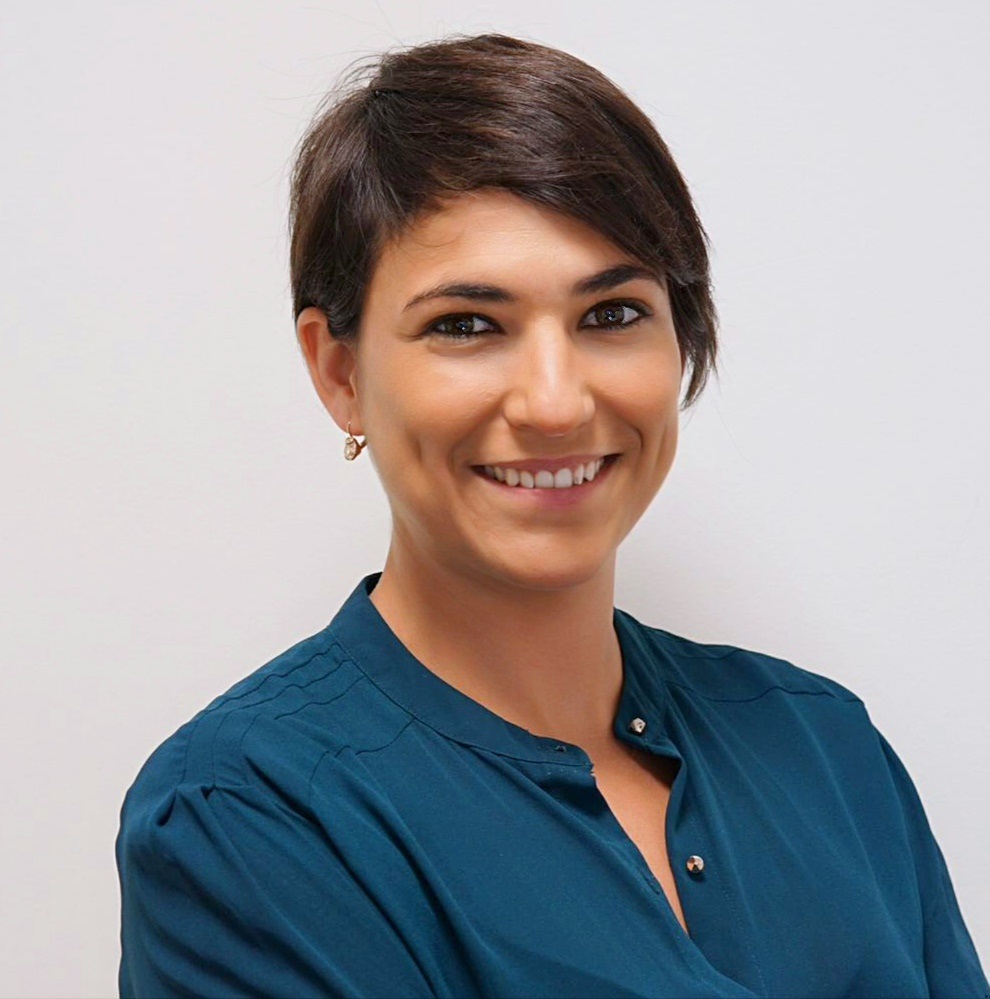 Ms. Natalia Vicente
Ms. Natalia Vicente is the Head of Public Affairs at ESOA where she works closely with the Secretary General and the CEOs of ESOA Member companies to drive forward high-level advocacy for the satellite communications sector. Specifically, Natalia focusses on the Development Agenda working with international organisations to ensure nation states understand the value of leveraging available satellite communications services to bridge digital, education and health divides in their countries. Natalia is also a Board Member of the European Internet Forum where she represents ESOA in front of Members of the European Parliament. Natalia has over a decade of experience in the digital sector, focusing on public policy, government relations and building international partnerships. Before joining ESOA, Natalia worked for the European Telecommunications Network Operator’s (ETNO) working on public and regulatory affairs. Prior to that, she worked for Telefonica, Telecom Italia and TagTagCity, where she was one of the first employees involved in establishing a start-up venture providing mobile solutions to municipalities and local businesses in Belgium. Natalia is a qualified lawyer with an LLM from the University Autonoma of Madrid and holds a Master of Business Administration specialised in Marketing. She is a Spanish national, lives in Brussels and speaks 4 languages.
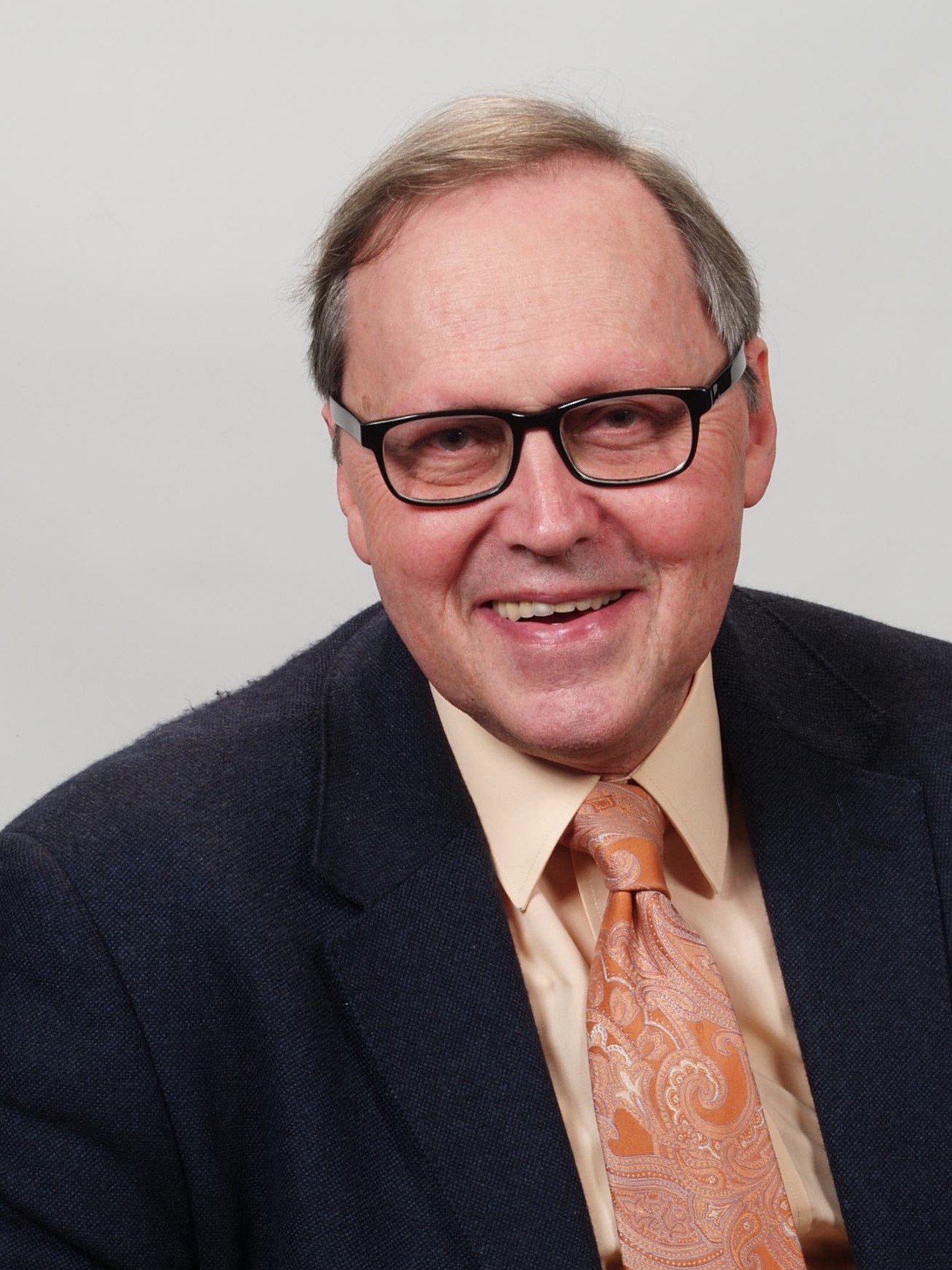 Dr David Wood
Dr David Wood, Consultant, EBU Technology and Innovation, Geneva, Switzerland. David Wood’s career has been in television and radio technology research, development, and standardisation. He worked originally for the BBC and ITV in the UK before moving to the European Broadcasting Union. His work in the ITU has led to worldwide standards for image quality evaluation, digital television, high definition television, and ultra high definition television. He has also led a number of projects in the DVB alliance. He has also studied and written papers on 3D television and next generation audio systems. He currently serves as co-chair of an ITU group on audio-visual accessibility. David Wood has received a number of international awards, including the SMPTE Progress Medal. He is a life member of the SMPTE. David Wood was educated at the University of Southampton Electronics Department in the UK, the Popov Institute in the Ukraine, and the Harvard Business School in the US.
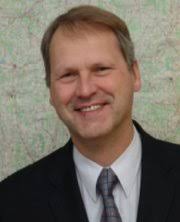 Mr. Mindaugas Zilinskas
Mr. Mindaugas Zilinskas